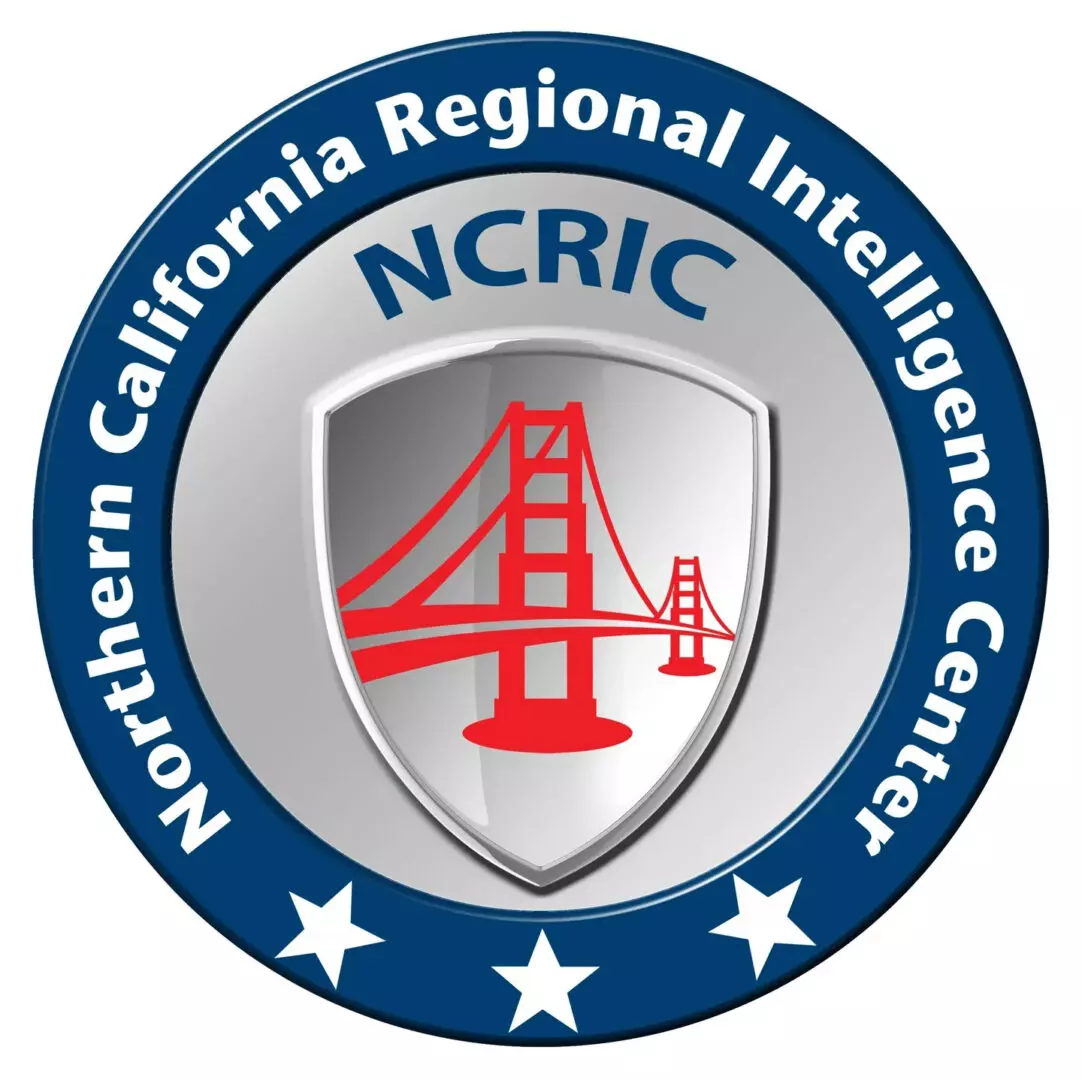JOIN the NCRIC as a Law Enforcement Partner
The NCRIC serves as a focal point in the Northern District of California for the receipt, analysis, gathering, and sharing of threat-related information between the federal government and state, local, tribal, territorial (SLTT), and private sector partners.
The NCRIC is uniquely situated to empower frontline law enforcement, public safety, fire service, emergency response, public health, critical infrastructure entities, and private sector partners to understand local implications of intelligence - national, regional, and local - enabling them to better protect our communities.
The NCRIC conducts analysis and facilitate information sharing while assisting law enforcement and homeland security partners in preventing, protecting against, and responding to crime and terrorism. It provides interdisciplinary expertise and situational awareness to inform decision-making at all levels of government, particularly to law enforcement partners.


Law Enforcement Membership Qualifications
The standards for membership with the NCRIC as a Law Enforcement Partner, are based on both a "right" and a "need" to know Law Enforcement Sensitive (LES) information. The NCRIC works to provide information to our Law Enforcement Partners that will assist them in more effectively accomplishing their day-to-day responsibilities.
Standards and procedures are in place to provide the NCRIC staff and analysts with the ability to share sensitive information whlie ensuring that the information is provided only to those who need it and have the right to receive it. These standards are designed to protect civil liberties and civil rights, as well as to safeguard active law enforcement investigations and public safety efforts.
To qualify as a Law Enforcement Partner, applicants must be currently employed by a law enforcement agency and serve in an enforcement, investigative, intelligence, analytical, or communications role.
Benefits of Membership
The Northern California Regional Intelligence Center (NCRIC) law enforcement program is provided as a free public service, designed to enhance communication and information sharing between law enforcement, public safety organizations, and the private sector.
Benefits include:



